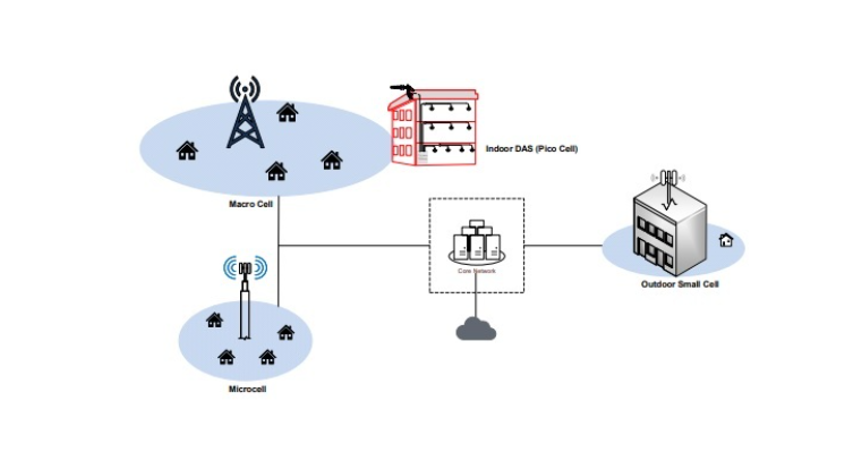FWA, or Fixed Wireless Access, is a technology in the telecommunications industry that provides high-speed internet connectivity to households and businesses through wireless radio signals, rather than wired connections like fiber optic cables or coaxial cables.
FWA utilizes wireless technology, such as 4G LTE or 5G NR, to deliver broadband internet services to end-users.
FWA Network Architecture
The FWA network architecture typically consists of a central base station or access point that is connected to the core network (either via a microwave or fiber backhaul), and end-user devices like modems or gateways that receive the wireless signal and provide internet connectivity within a home or business.

FWA Regulatory Landscape
The deployment and operation of FWA networks are subject to various regulatory requirements, such as those established by the FCC in the United States.
These regulations cover aspects like spectrum allocation, transmit power limits, and interference management to ensure the efficient and responsible use of the radio frequency spectrum.
For example, the FCC's Part 96 rules govern the operation of CBRS-based services, including FWA, to protect incumbent users and ensure coexistence with other wireless services
FWA Spectrum and Licensing
The use of these spectrum resources for FWA is closely regulated by the Federal Communications Commission, which sets the rules and requirements for licensing, operation, and interference management to ensure the efficient and lawful deployment of FWA networks across the United States.
FWA can operate on a variety of licensed and unlicensed radio frequency spectrum, including the CBRS 3.5 GHz band. In CBRS application, incumbent users, such as the U.S. Navy, hold Priority Access Licenses in the CBRS band, while General Authorized Access is available for other FWA and wireless broadband providers.
FWA can also leverage unlicensed spectrum, such as the 2.4 GHz and 5 GHz Wi-Fi bands, to provide internet connectivity, especially in areas where licensed spectrum is scarce or expensive. Alternatively, FWA providers may obtain licensed spectrum through auctions or private leasing arrangements to ensure quality of service and reliability for their customers. Learn more about Spectrum Licensing.
Contact Us
Kama Thuo, PLLC is a Wireless Telecommunications Law firm with expertise in FCC regulatory counseling and spectrum allocation. Contact us to see how we can assist with FWA applications or other wireless regulatory needs.